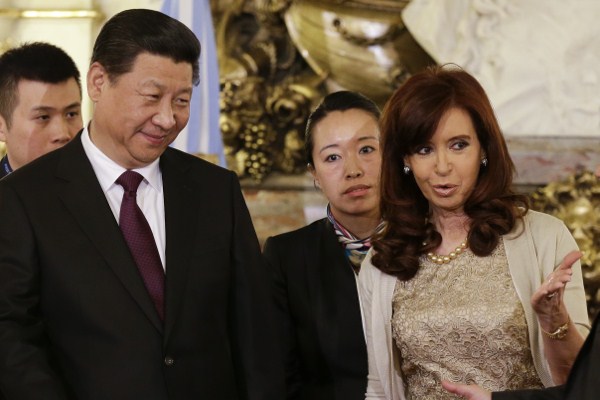Earlier this month, Argentina received $400 million from the People’s Bank of China as the fourth installment of an $11 billion currency swap agreement with China. In an email interview, Eduardo Daniel Oviedo, professor of political science and international relations at the National University of Rosario in Argentina, discussed Argentina’s relations with China.
WPR: What are the main areas of cooperation between China and Argentina, and what are the areas of contention?
Eduardo Daniel Oviedo: Politics, trade, investment and migration are the main areas of cooperation between China and Argentina. Mutual support on the issues of the Falkland Islands—known in Argentina as the Malvinas—and Taiwan; a strategic defense alliance; growing trade and investment; and the number of Chinese citizens living in Argentina are examples of the progress in the bilateral relationship.

